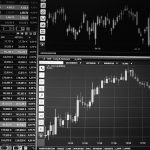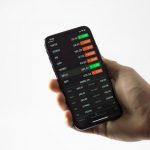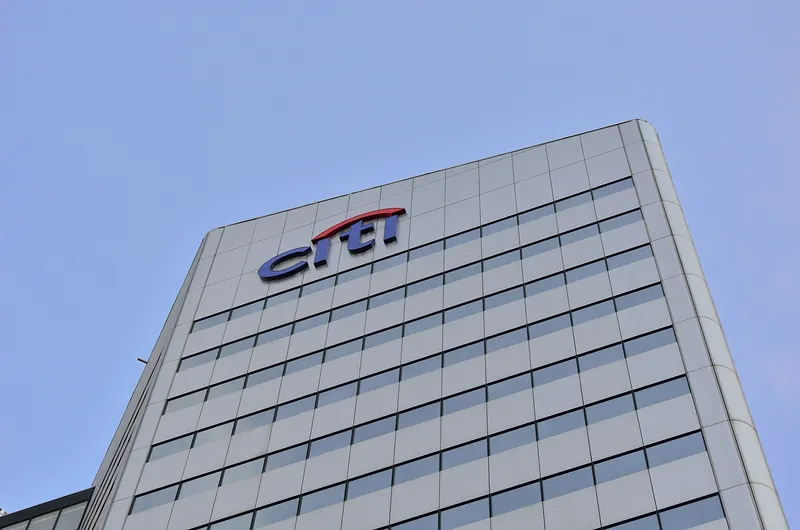Citigroup Global Markets Holdings Inc., recently unveiled 1.5 Year Autocallable Contingent Coupon Securities that are linked to two major stock market indices – Nasdaq-100 Index (NDX) and S&P 500 Index (SPX).
What’s the meaning of this?
Investors give this loan over 1.5 years with autocallability, meaning it allows the company to repay loans early. Contingent coupons could offer extra payments periodically, depending on certain conditions.
Investment returns will depend on how well two major stock market indices perform. In this case, Nasdaq-100 Index (NDX) and S&P 500 Index (SPX). investors could make additional money and the final amount they regain in 1.5 years, depending on which companies make up these two indices. The Nasdaq-100 Index includes 100 of the largest nonfinancial companies listed on Nasdaq stock exchange, while S&P 500 contains 500 major U.S. stocks listed by respective exchanges.
Simply stated, Citigroup Exchange Traded Funds act like a special form of bet. Your money is given over 1.5 years to Citigroup for use as collateral against the performance of companies within the Nasdaq 100 and S&P 500 indexes. Ultimately, your return depends on these results.
These securities, however, come with their own set of risks and rewards that potential investors must carefully consider.
Here’s what they should keep in mind
Principal Repayment Isn’t Guaranteed
Unlike other investments, these securities do not guarantee the return of your principal amount upon maturity (i.e., the end of an investment period). Instead, their final payout depends on whichever index performs worst and its final value falling short of its respective barrier value (predetermined benchmark), leaving investors vulnerable.
Heightened Risk Due to Multiple Underlyings
Returns on these securities are tied to both the NDX and SPX indices, so their performance affects your investment directly; should either perform poorly, it could have detrimental repercussions for these securities and increase risk compared with an investment tied solely to one index.
Automatic Redemption Limitations
Securities may be automatically redeemed before maturity, limiting investors’ opportunities to collect contingent coupons (periodic interest payments). If a worst-performing index performs in such a way that would allow for receiving these payments, early redemption could cause investors to miss out.
Credit Risk
By investing in these securities, investors assume credit risk associated with Citigroup Global Markets Holdings Inc. and Citigroup Inc. If either entity defaults on its obligations, they could find themselves without receiving their amounts owed under these securities.
No Securities Exchange Listing Available for This Transaction.
These securities will not be listed on any securities exchange, potentially restricting investors from selling them before their maturity date and locking in their investment for up to 1.5 years.
Estimated Value Less Than Issue Price
Pricing date (the date at which securities are first available for sale) estimates tend to fall short of issue price (what investors must pay to buy them), indicating they could end up paying more than initially estimated.
Value Fluctuations
Before maturity, the value of securities may change in response to various unexpected factors. This could include market conditions changing, the performance of the NDX and SPX being compromised, and Citigroup not meeting creditworthiness standards.
As with any investment decision, potential investors should carefully evaluate these factors and consult a financial advisor before making their final decision. As with any venture capital or hedge fund investment, one must fully comprehend all risks and only risk what one can afford to lose.
Offering summary can be seen here.








